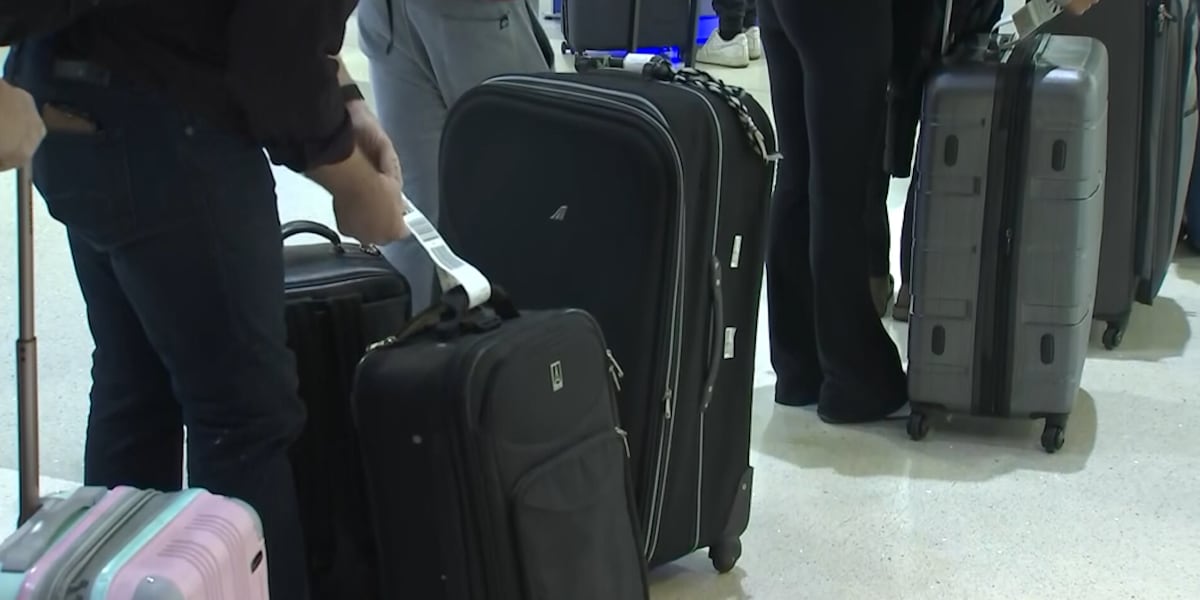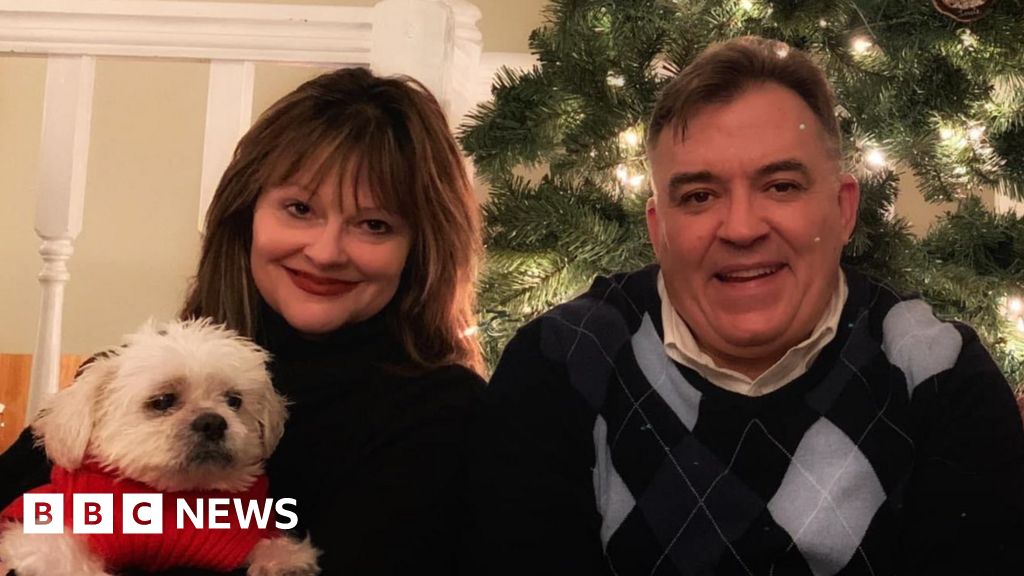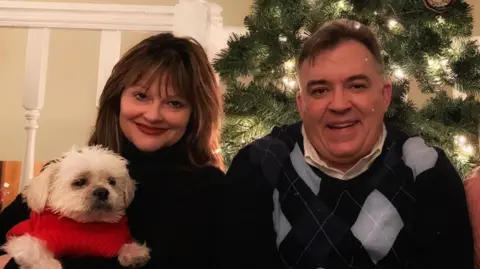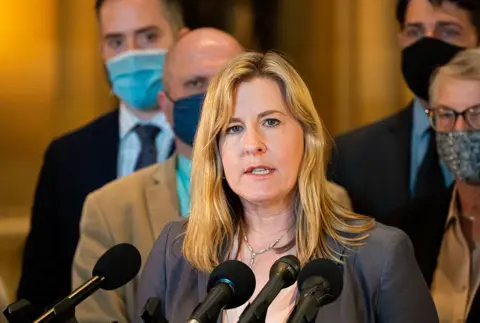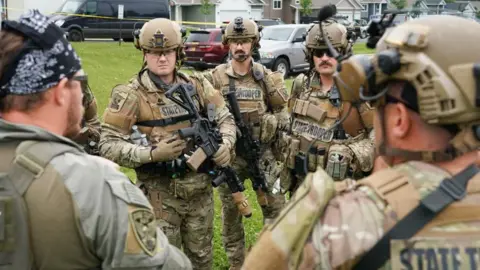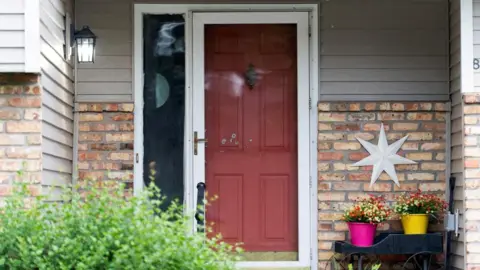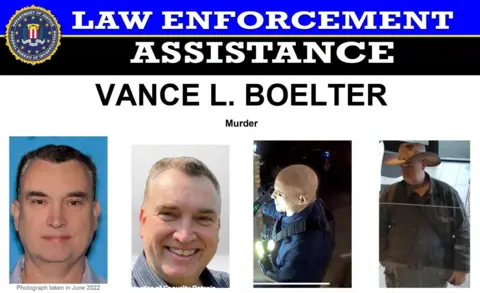New York Yankees slugger Aaron Judge and Los Angeles Dodgers superstar Shohei Ohtani are the leading vote-getters in the first round of MLB All-Star Game voting released Monday.
Judge has received 1,568,527 votes thus far through Phase 1 of voting, according to MLB. If that lead holds, he’d be the first player to finish as the top All-Star vote-getter in consecutive years since Alex Rodriguez in 2007-08. Ohtani has 1,398,771 votes and could certainly overtake Judge before this phase of voting concludes at 12 p.m. ET June 26.
Advertisement
The leading vote-getters for the American and National League at the conclusion of Phase 1 will automatically earn starting spots in the All-Star lineups, bypassing the next round of voting.
Here are the current leaders in MLB All-Star voting by position:
American League
C: Cal Raleigh, Mariners
1B: Paul Goldschmidt, Yankees
2B: Gleyber Torres, Tigers
3B: José Ramírez, Guardians
SS: Jacob Wilson, Athletics
OF: Mike Trout, Angels
OF: Riley Greene, Tigers
OF: Aaron Judge, Yankees
DH: Ryan O’Hearn, Orioles
National League
C: Will Smith, Dodgers
1B: Freddie Freeman, Dodgers
2B: Ketel Marte, Diamondbacks
3B: Manny Machado, Padres
SS: Francisco Lindor, Mets
OF: Teoscar Hernández, Dodgers
OF: Pete Crow-Armstrong, Cubs
OF: Kyle Tucker, Cubs
DH: Shohei Ohtani, Dodgers
Ohtani is one of five National League players with more than one million votes, along with Dodgers teammates Freddie Freeman and Will Smith, the Cubs’ Pete Crow-Armstrong and Francisco Lindor of the Mets. The only other American League player passed one million votes is the Mariners’ Cal Raleigh, who is tied with Judge for the MLB lead in home runs at 26.
Advertisement
The Dodgers have the most players leading All-Star voting at their position, with catcher Smith, first baseman Freeman and outfielder Hernández joining Ohtani. The Yankees, Tigers and Cubs each have two players among the current lineups based on voting.
Voting totals for the top five players at each position are available at MLB.com. The next phase of voting will go from June 30 to July 2, when starters will be announced. The remainder of the MLB All-Star rosters will be revealed July 6.
The 2025 MLB All-Star Game will be played at Atlanta’s Truist Park on July 15.



